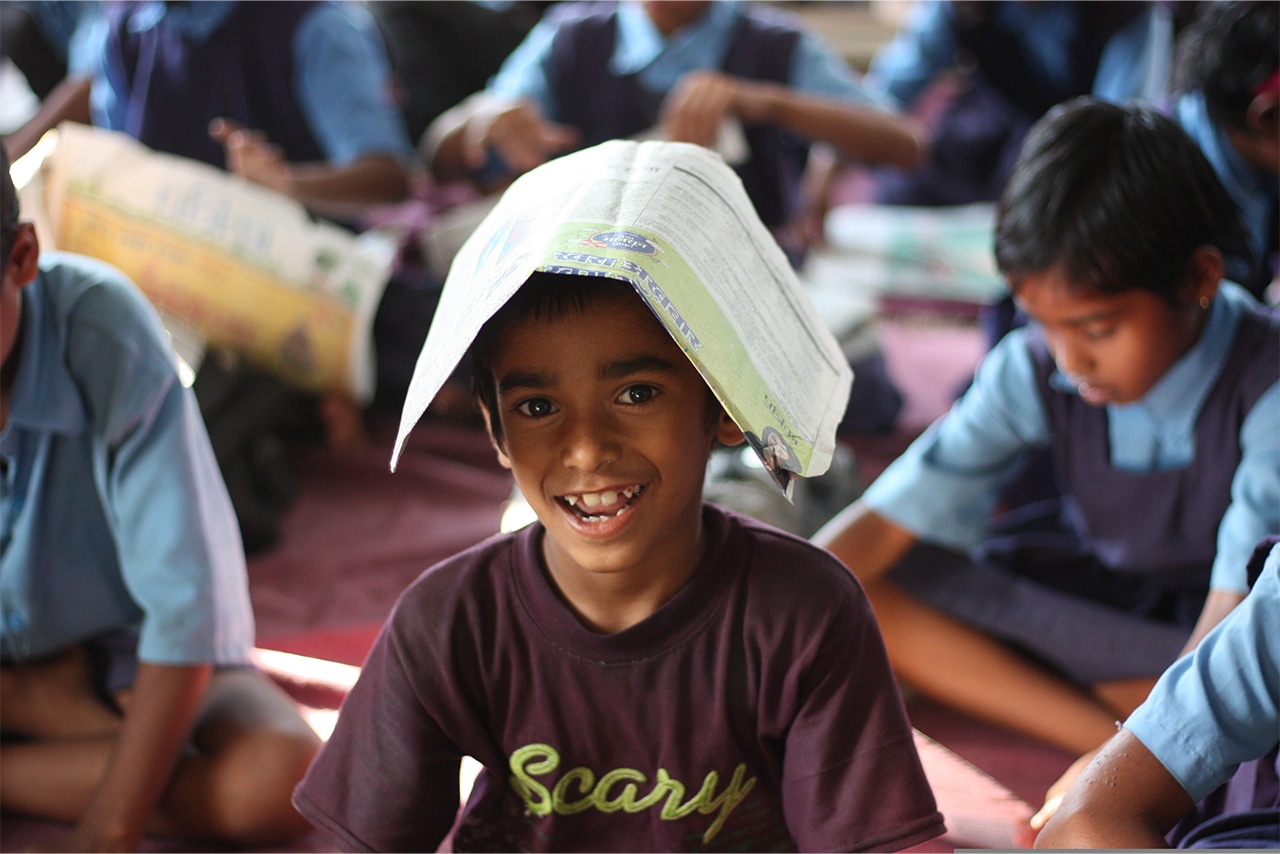Reading Matters
Reading is a fundamental skill that is critical to a child’s academic and personal success. Poor reading skills can have a significant impact on a child’s behavior and social-emotional development. In this article, we will explore how child behavior is affected by poor reading skills and why it is essential to address reading difficulties as early as possible.
Children who struggle with reading may experience frustration, low self-esteem, and anxiety. They may feel embarrassed or ashamed of their reading abilities, which can lead to social withdrawal and isolation. Poor reading skills can also lead to behavioral problems, such as acting out in class, being disruptive, and displaying aggressive behaviors.
When children have difficulty reading, they may avoid reading-related tasks and become disengaged from the learning process. This can lead to a lack of interest in school and a decline in academic performance. In some cases, children may develop negative attitudes towards school and learning, which can have long-lasting effects on their academic and personal success.
Poor reading skills can also impact a child’s social-emotional development. Reading is essential for developing empathy and understanding the perspectives of others. Children who struggle with reading may have difficulty understanding social cues and may struggle to make friends or maintain positive relationships with their peers.
Additionally, reading is critical for developing problem-solving skills, critical thinking, and creativity. Children who struggle with reading may have difficulty with these skills, which can impact their ability to succeed in school and beyond.
It is essential to address reading difficulties as early as possible to prevent long-term negative effects on a child’s behavior and academic success. Early intervention can help children develop the necessary skills to become proficient readers and prevent the development of negative attitudes towards learning.
Teachers and parents can work together to identify reading difficulties and provide the necessary support and resources to help children improve their reading skills. This may include extra reading instruction, tutoring, or specialized reading programs.
In conclusion, poor reading skills can have a significant impact on a child’s behavior and social-emotional development. Children who struggle with reading may experience frustration, low self-esteem, and anxiety, and may display disruptive or aggressive behaviors. Early intervention and support are essential to help children develop the necessary reading skills to succeed academically and personally. By addressing reading difficulties early, we can help children become confident and successful readers who are equipped with the necessary skills for lifelong learning.







0 Comments